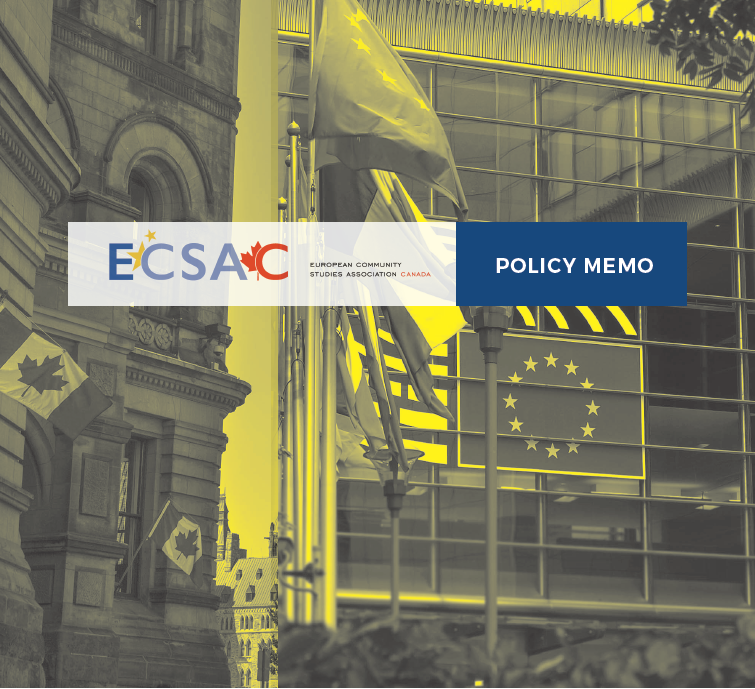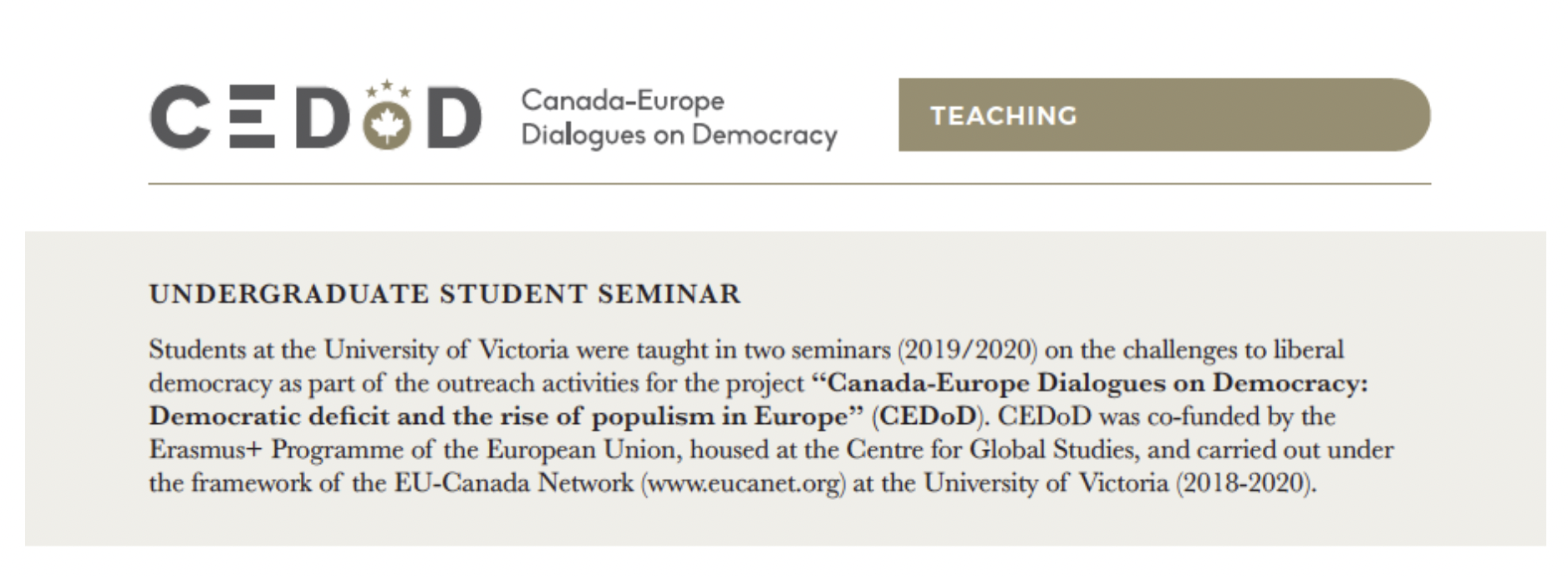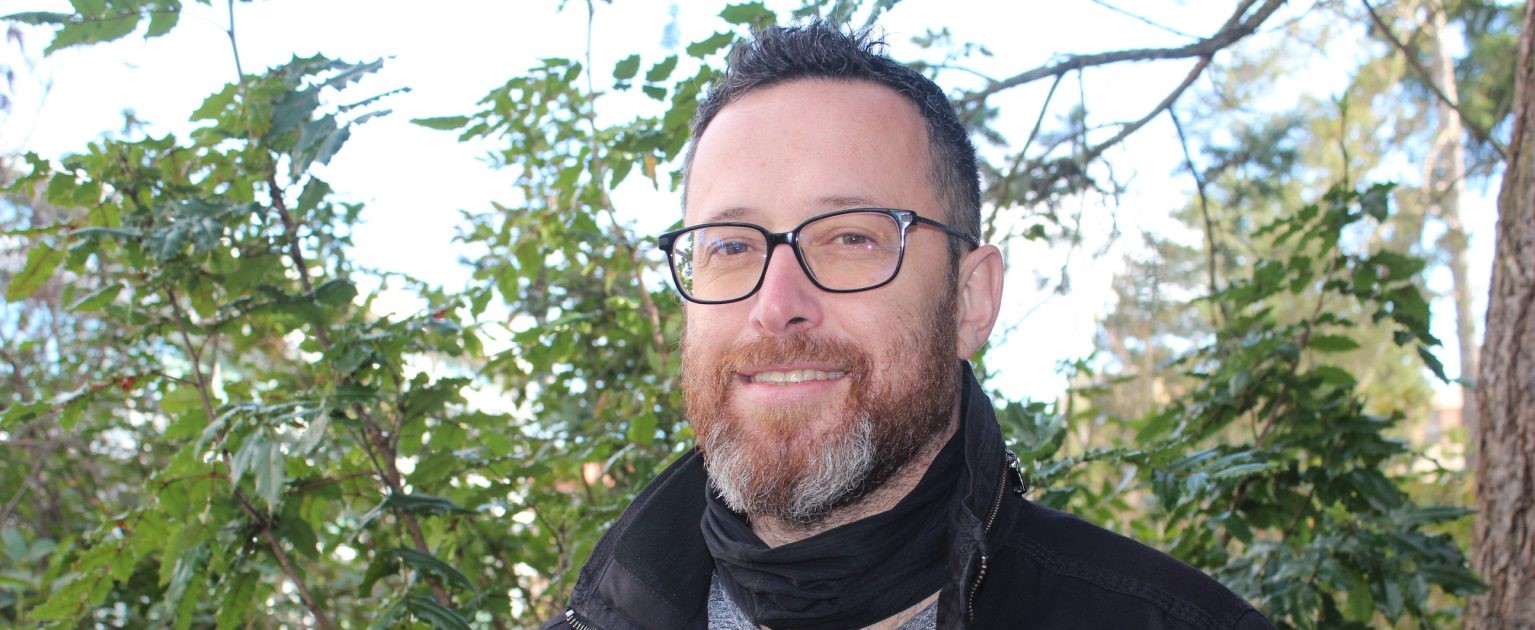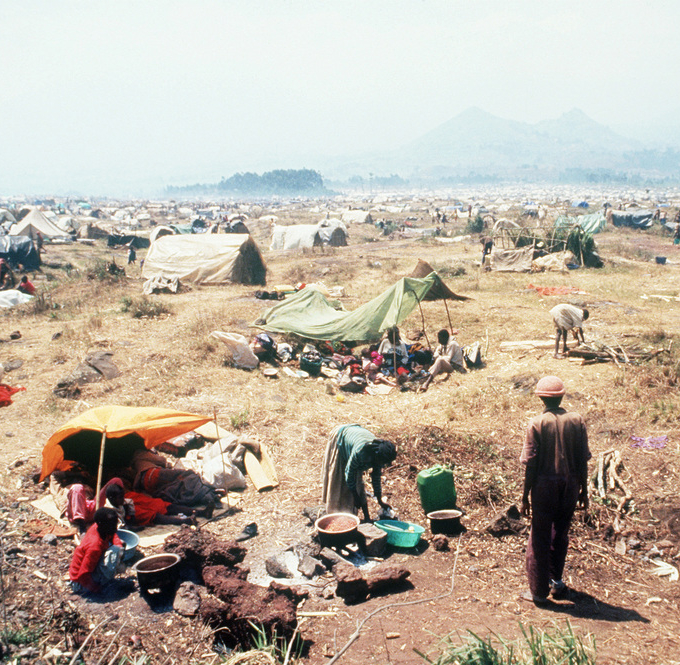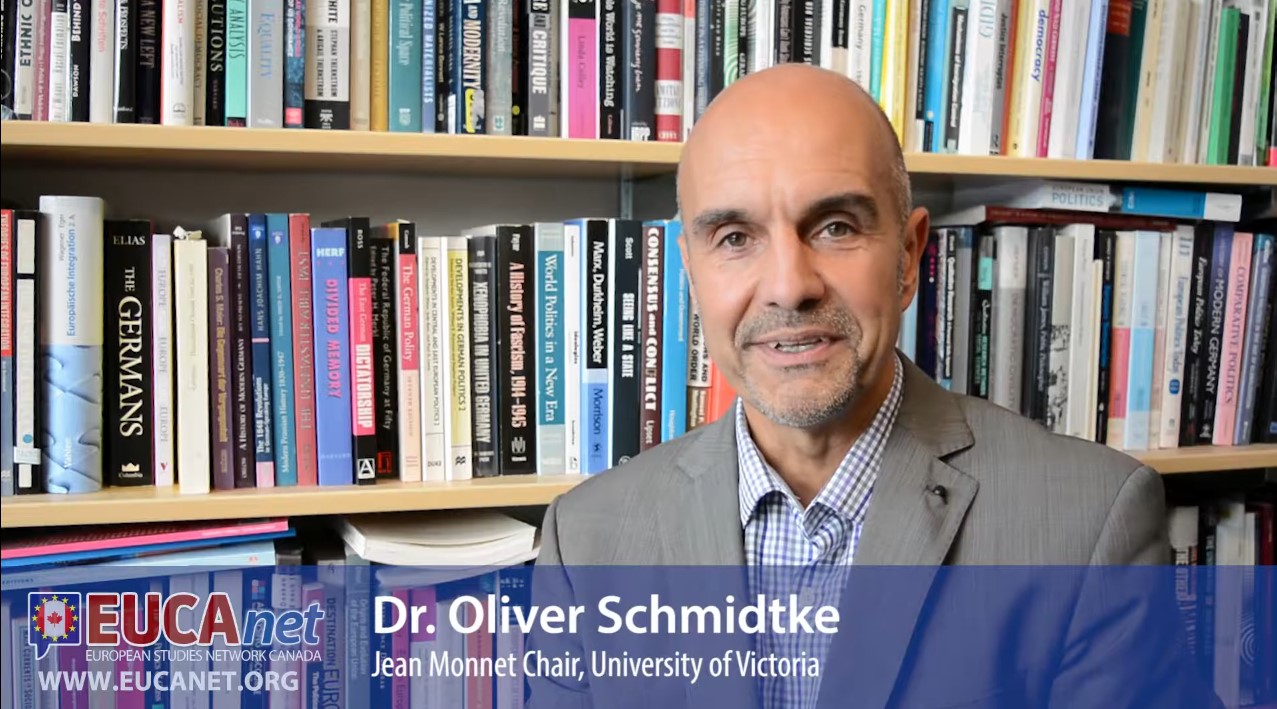Labour Market Inclusion of Skilled Migrants from a Comparative Transatlantic Perspective : Understanding the “Paradox” Between Labour and Humanitarian Migration
The challenge of responding to refugees has become a globally pressing moral and political issue: According to UNHCR figures, there are worldwide more than 65 million displaced people. While most refugees stay in the region, increasing numbers reach labor markets in transitioning or core economies. In regulating migration, these countries distinguish between labor and humanitarian migration regimes. While skilled, economic migrants are regularly targeted as ‘assets’ for the economy, refugees are primarily perceived as being in need of assistance and contributing to the unskilled sector of the economy. Regardless of this categorization in regulating migration, policy makers have come to understand that refugees are likely to stay for a long time, which makes long-term social integration and, in particular, labor market inclusion a key component of refugee settlement. In this respect, evaluating the cultural capital of refugees has become of critical significance. Assessing and recognizing the cultural capital of migrants is however difficult, given national and even subnational systems of credential recognition, long cooling out periods and a public perception of refugees as needy rather than able. Against the background of this policy conundrum, this session asks for theoretical and empirical contributions on the labour market inclusion of refugees with a particular emphasis on the recognition of their cultural capital. How can we assess refugees’ skills within the national context of the destination country and in a transnational perspective? What are the main obstacles and opportunities that refugees face in their attempts to enter the – skilled – labour market?
Session Organizers:
Oliver SCHMIDTKE, University of Victoria, Canada and Anja WEISS, University of Duisburg-Essen, Germany
Gender Knowledge in the Labour Market Inclusion of Skilled Female Refugees in Germany
Helen SCHWENKEN, University of Osnabrück, Germany
Making It in the Land of Opportunities. Labor Market Integration of Skilled Refugees in New York City Area.
Karolina LUKASIEWICZ, New York University, USA; Tanzilya OREN, Fordham University, USA; Saumya TRIPATHI, Social Worker, India
Economic Integration of Refugees in Germany – a Question of the Institutional Framework
Jannes JACOBSEN, Socio-economic Panel at the German Institute for Economic Research, Germany

